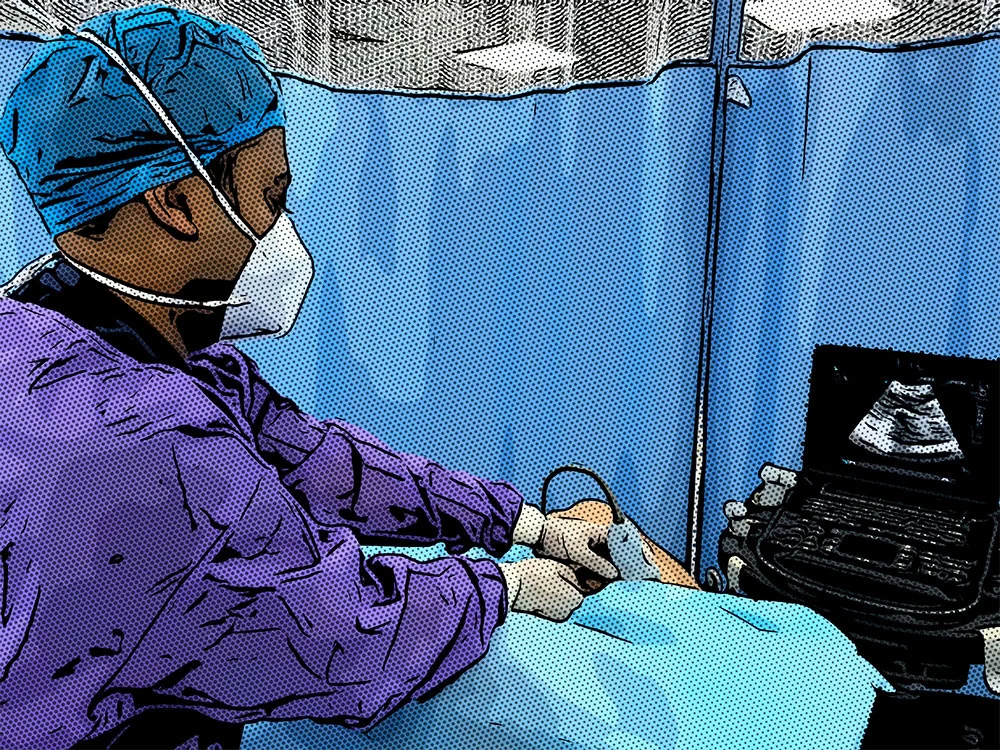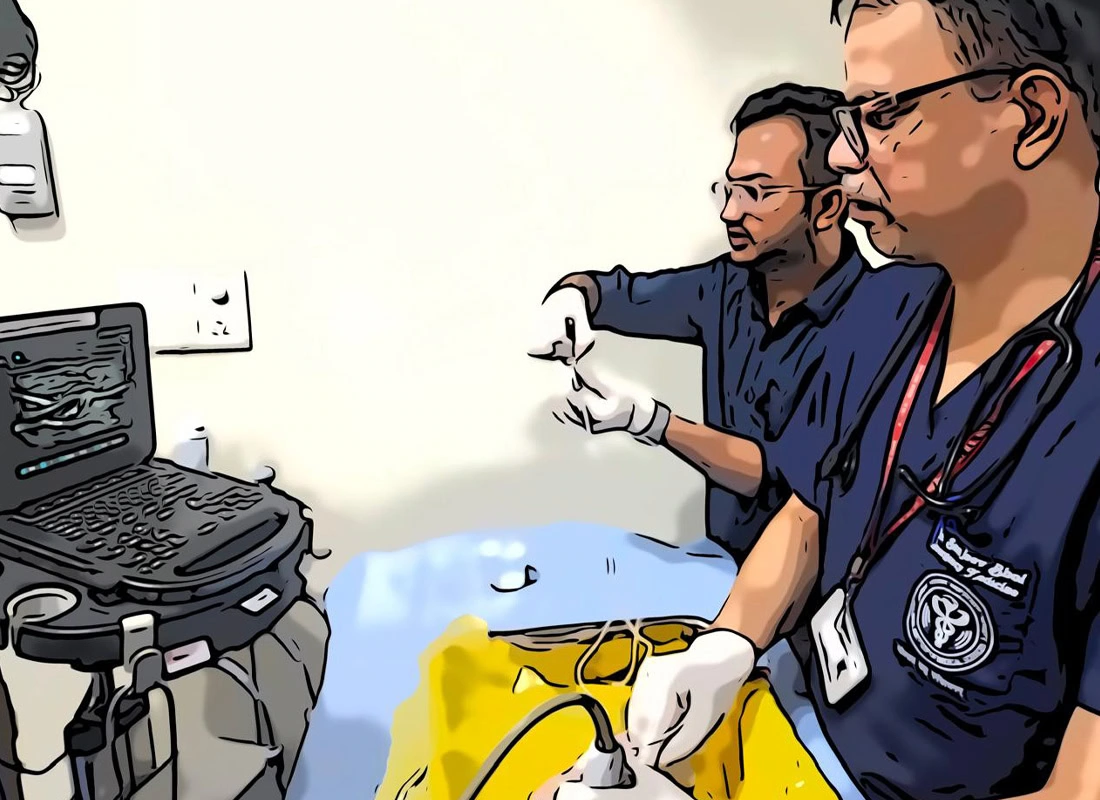Implementing Point-of-Care Ultrasound (POCUS) in emergency departments can be highly beneficial, but there are several common pitfalls to be aware of to ensure successful integration:
Inadequate Training:
- Insufficient Education: Without comprehensive training, practitioners may struggle with image acquisition and interpretation, leading to diagnostic errors1.
- Lack of Continuous Learning: Skills can degrade over time if not regularly practiced and updated. Continuous education and refresher courses are essential2.
Over-Reliance on POCUS:
- Ignoring Clinical Context: POCUS should complement, not replace, clinical judgment and other diagnostic tools. Over-reliance can lead to misdiagnosis if findings are not integrated with the broader clinical picture1.
- Confirmation Bias: Practitioners may be tempted to see what they expect to see, rather than what is actually present. This can be mitigated by maintaining a critical and objective approach1.
Technical Issues:
- Poor Image Quality: Suboptimal images due to incorrect settings or poor technique can lead to misinterpretation. Regular training on machine settings and proper technique is crucial1.
- Equipment Maintenance: Neglecting regular maintenance and calibration of ultrasound machines can result in inaccurate readings2.
Workflow Integration Challenges:
- Disruption of Workflow: If not properly integrated, POCUS can disrupt the existing workflow, leading to inefficiencies. Careful planning and workflow mapping can help mitigate this2.
- Time Constraints: In a busy emergency department, finding time to perform and interpret POCUS can be challenging. Efficient time management and prioritization are key2.
Documentation and Quality Assurance:
- Inadequate Documentation: Failing to properly document POCUS findings can lead to gaps in patient records and continuity of care issues. Establishing clear documentation protocols is essential2.
- Lack of Quality Control: Without regular audits and peer reviews, the quality of POCUS practice can decline. Implementing robust quality assurance processes helps maintain high standards2.
By being aware of these pitfalls and taking proactive steps to address them, emergency departments can effectively integrate POCUS into their workflows, enhancing patient care and outcomes.






